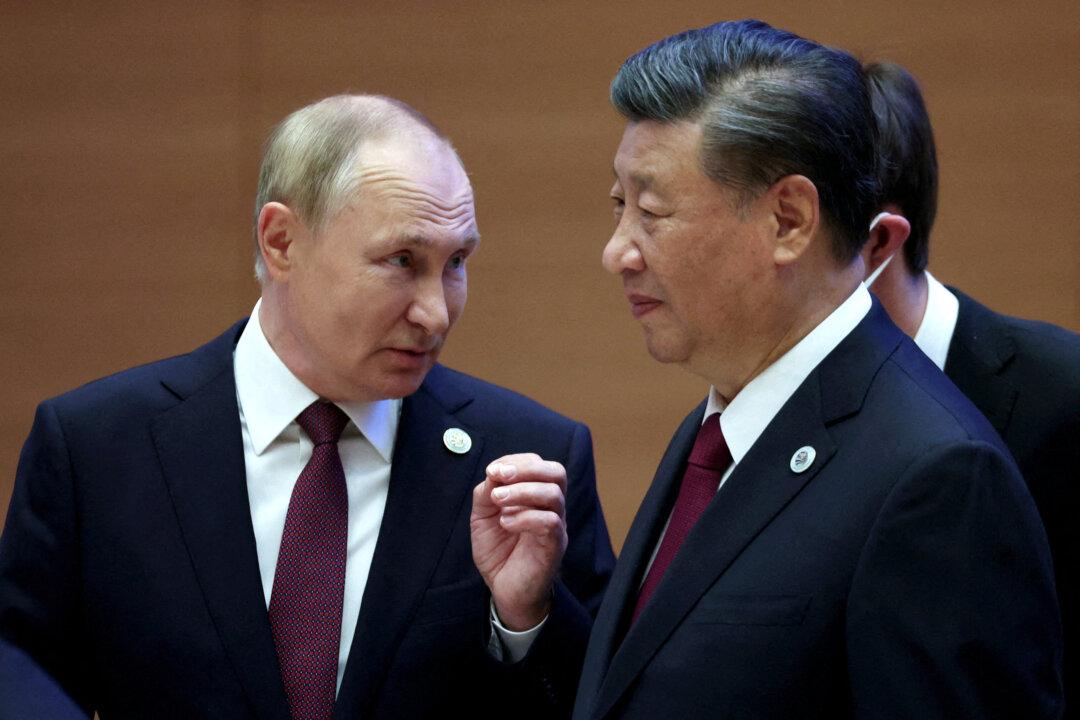Commentary
Xi Jinping and Vladimir Putin met virtually on Dec. 30, 2022, touting the usual and expected bilateral economic and political engagement, cooperation, and development between China and Russia.

Xi Jinping and Vladimir Putin met virtually on Dec. 30, 2022, touting the usual and expected bilateral economic and political engagement, cooperation, and development between China and Russia.